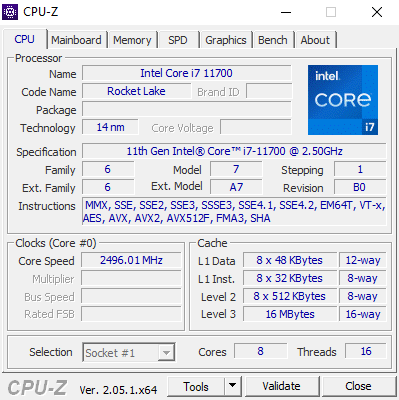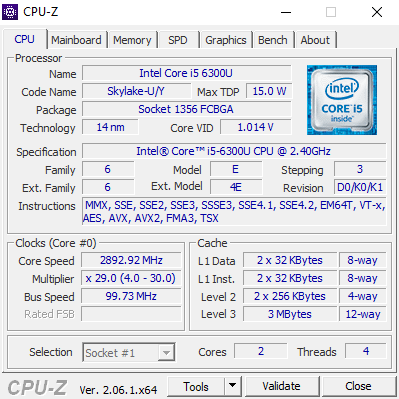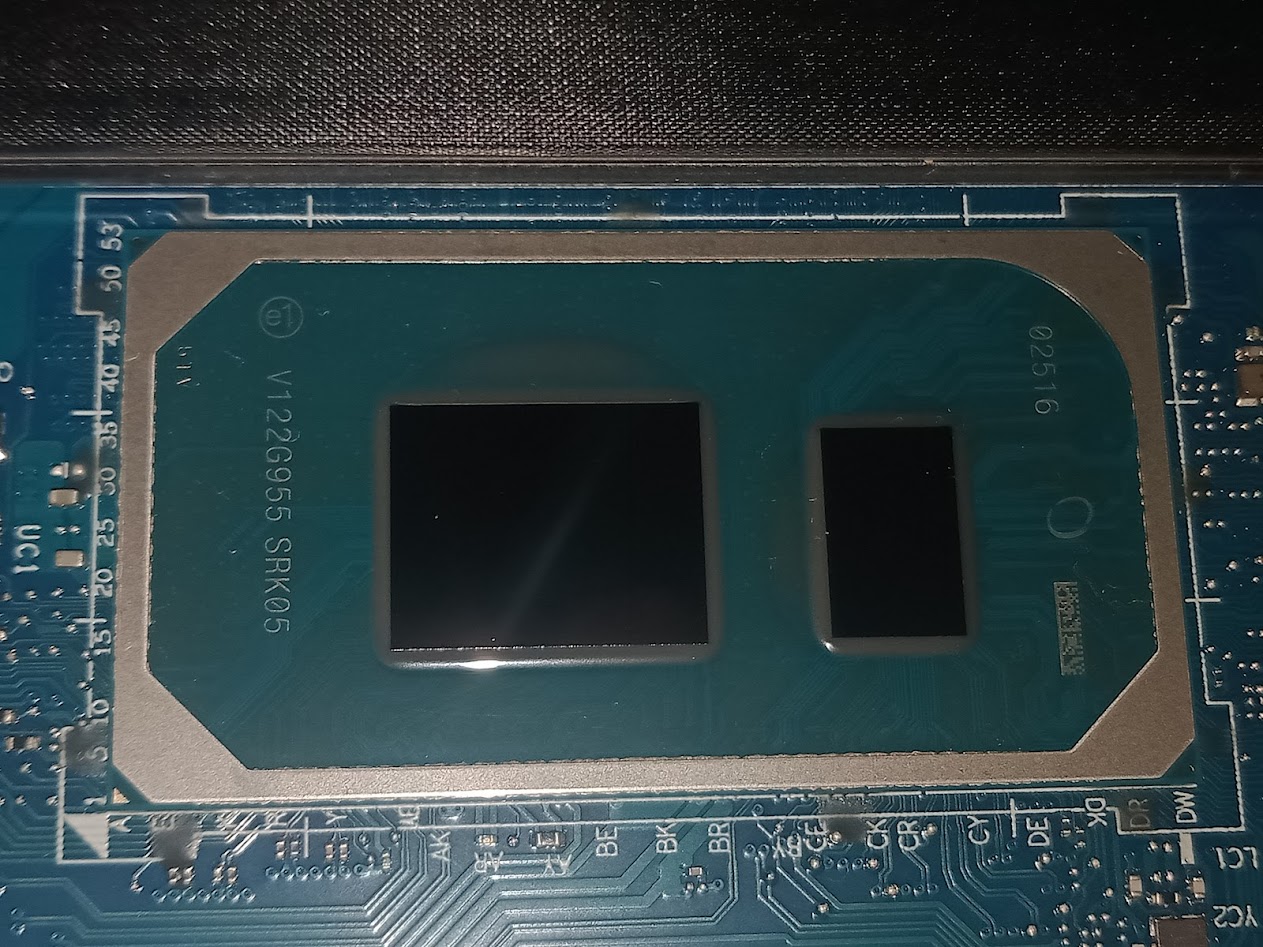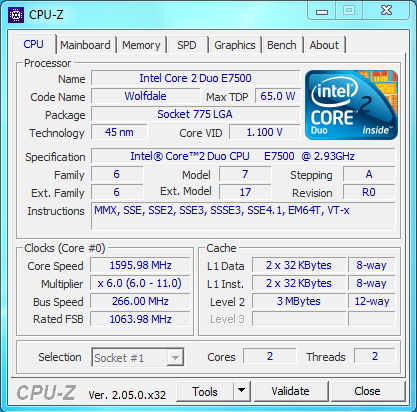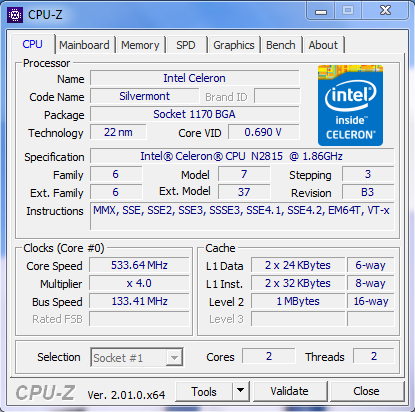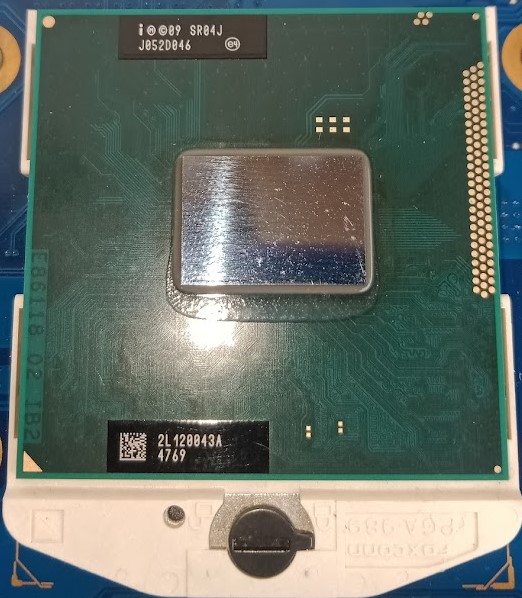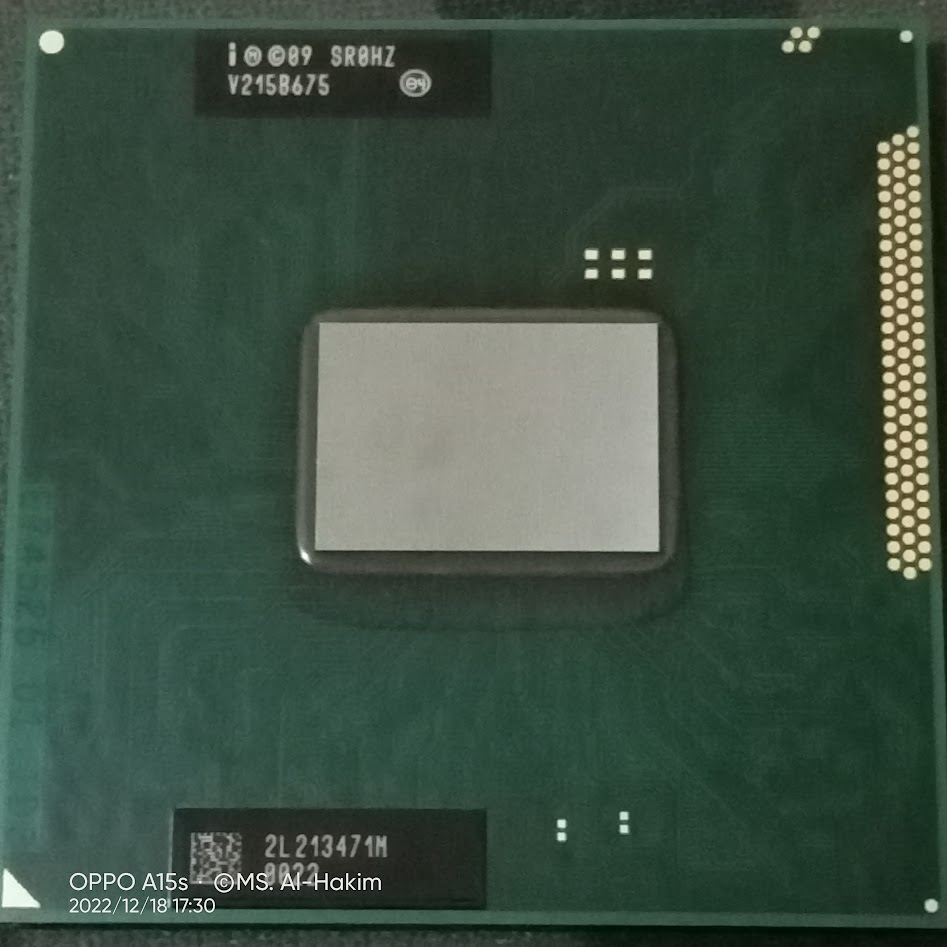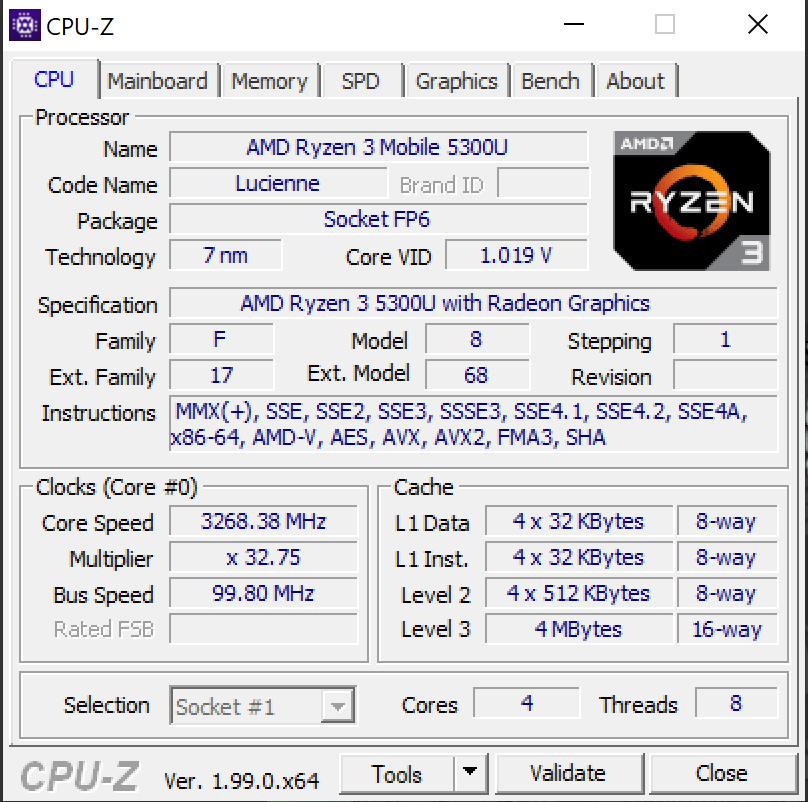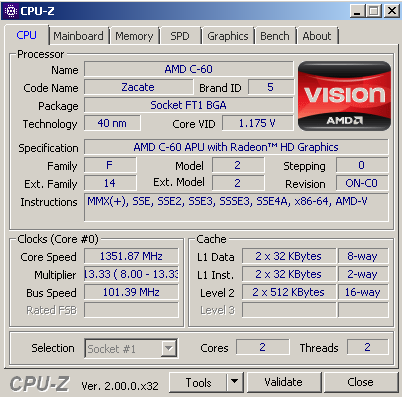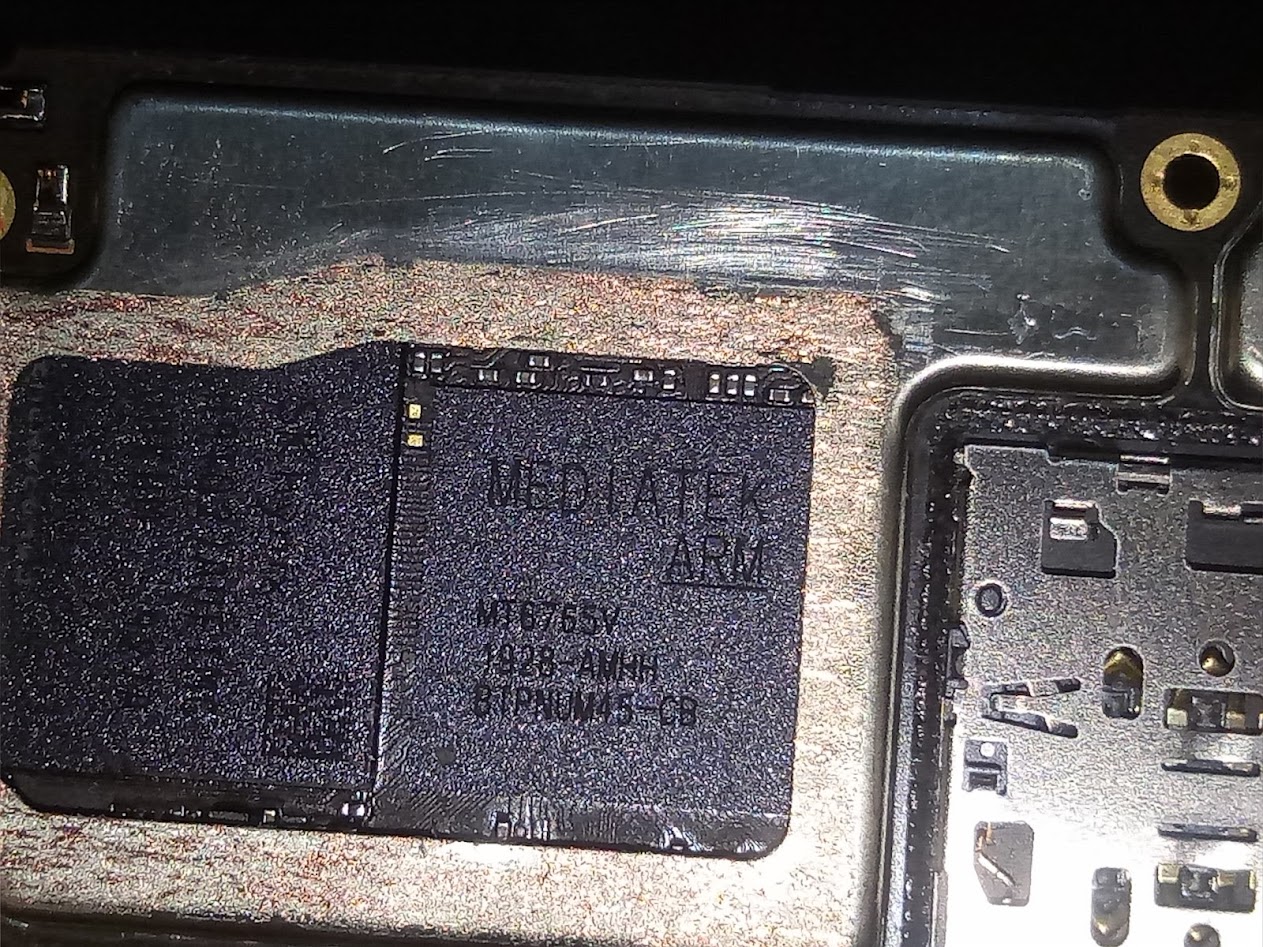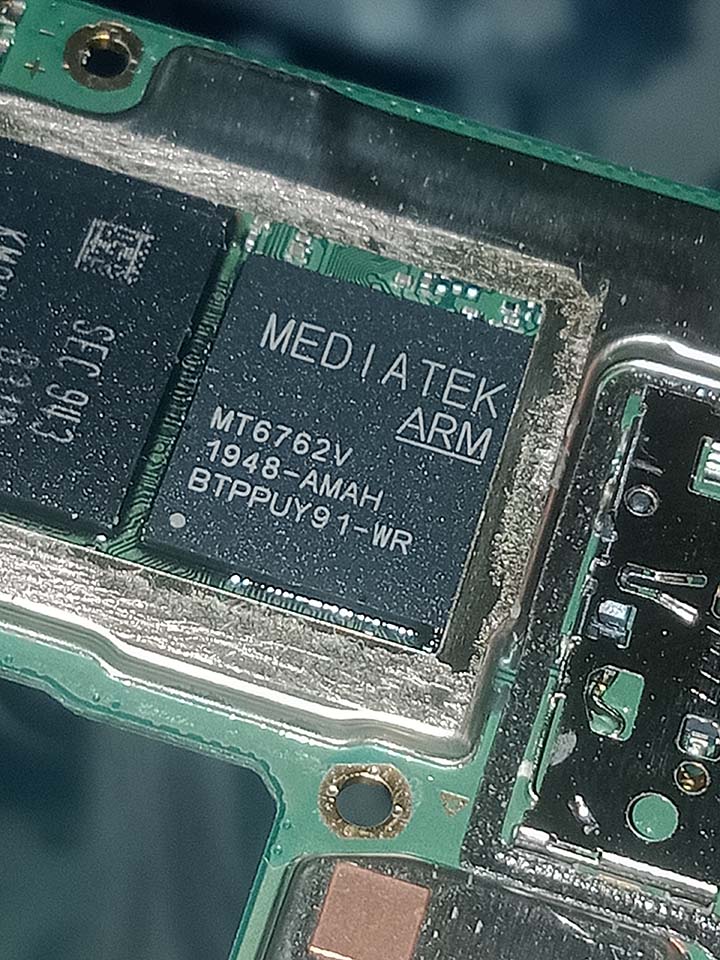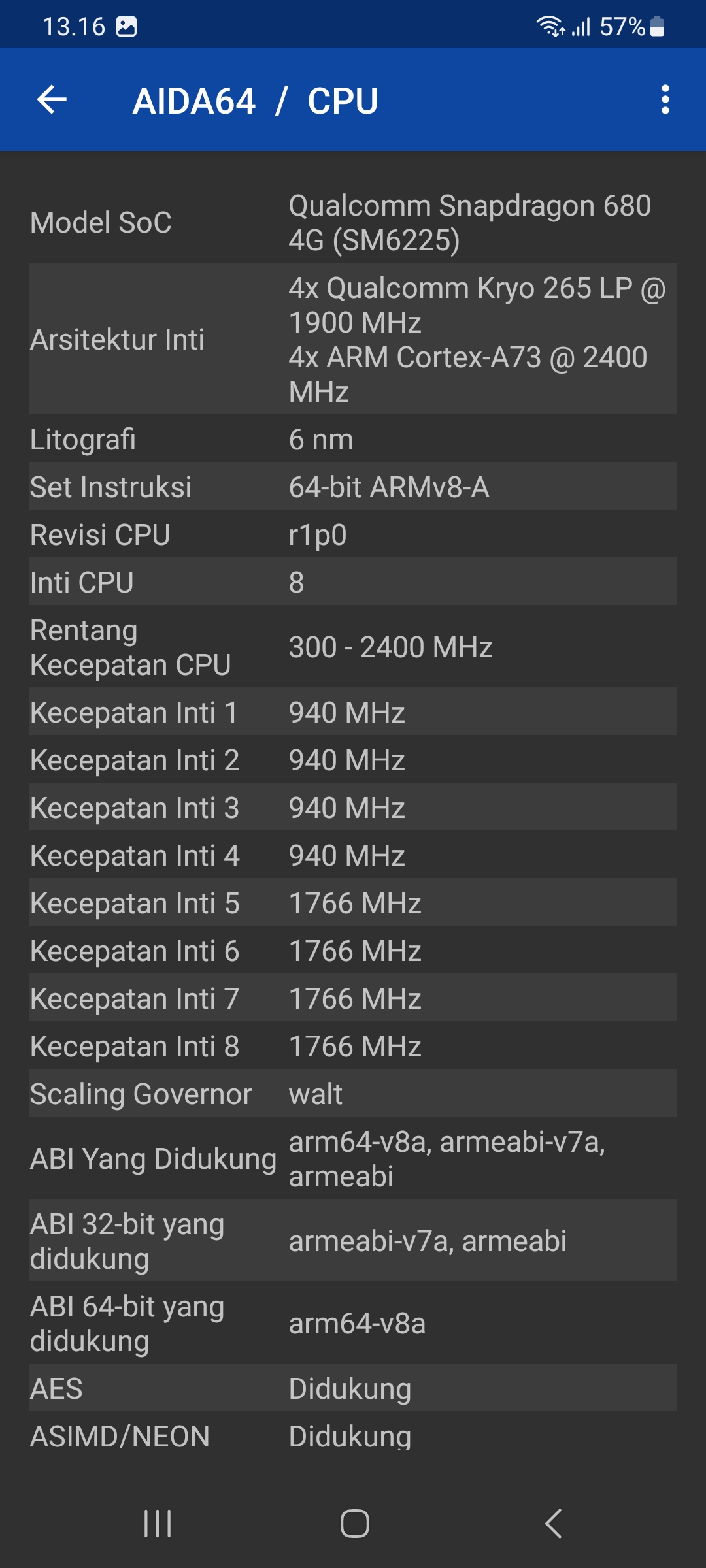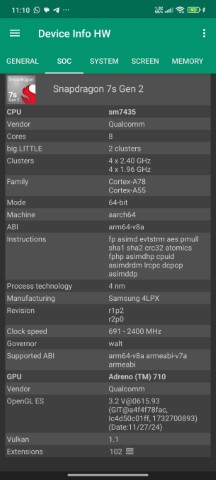
Intel Core i7 7700K
CPUID : Intel(R) Core(TM) i7-7700K CPU @ 4.2GHz
Architecture : x86
Codename : Kaby Lake
L3 Cache : 8MB
Clock : 4.2GHz - 4.5GHz
Core/Thread : 4/8
TDP : 91W
Technology : 14nm
Socket : LGA1151
IGPU : Intel HD Graphics 630
See more specification...
Thursday, 23 June 2022 07:42 | Update at 1 month ago
Hardware Benchmark Record
This table displays the scores or sequential read & write speeds (for storage types) of various synthetic benchmark applications commonly used to test hardware performance. You can click on the score column to view the submissions page by ID. At that URL, you can browse the submitted results of each application, including viewing screenshots of the benchmark results. For screenshots of benchmark results, you can click the "View" button in the screenshot column.
In total, there are 8 submissions across 8 different benchmark applications, each testing the hardware from a unique angle. This variety allows you to draw a more comprehensive conclusion about the hardware's real-world performance.
Media Gallery
A collection of photos of tested hardware. These images can help you identify the physical form, model, and variant of the hardware in question. These photos are from our own documentation, and if they are not available we may not be able to document them.
Nearby Competitors
Shows two other devices with slightly higher scores and two others with slightly lower scores on the same benchmarks. Useful to see how competitive these devices are.
Cinebench - 2003
| Rank | Hardware | Score | Performance Percentage |
|---|---|---|---|
| Higher | Intel Core i5 1135G7 | 4548 cb | 105.4% |
| Higher | Intel Core i5 1335U | 6677 cb | 154.7% |
| This Hardware | Intel Core i7 7700K | 4315 cb | 100% |
| Lower | Intel Core i5 6300U | 1601 cb | 37.1% |
| Lower | Intel Core i7 720QM | 1211 cb | 28.1% |
Cinebench - R11.5
| Rank | Hardware | Score | Performance Percentage |
|---|---|---|---|
| Higher | Intel Core i5 1135G7 | 10.37 pts | 108.1% |
| Higher | Intel Core i5 1335U | 19.45 pts | 202.8% |
| This Hardware | Intel Core i7 7700K | 9.59 pts | 100% |
| Lower | Intel Core i5 6300U | 2.91 pts | 30.3% |
| Lower | Intel Core i7 720QM | 2.71 pts | 28.3% |
Cinebench - R15
| Rank | Hardware | Score | Performance Percentage |
|---|---|---|---|
| Higher | Intel Core i5 1135G7 | 936 cb | 108.0% |
| Higher | Intel Core i5 1335U | 1350 cb | 155.7% |
| This Hardware | Intel Core i7 7700K | 867 cb | 100% |
| Lower | AMD Ryzen 3 5300U | 851 cb | 98.2% |
| Lower | Intel Core i5 6300U | 262 cb | 30.2% |
Cinebench - R20
| Rank | Hardware | Score | Performance Percentage |
|---|---|---|---|
| Higher | Intel Core i5 1335U | 3066 pts | 138.0% |
| Higher | Intel Core i7 11700 | 4217 pts | 189.8% |
| This Hardware | Intel Core i7 7700K | 2222 pts | 100% |
| Lower | Intel Core i5 1135G7 | 2195 pts | 98.8% |
| Lower | Intel Core i5 6300U | 656 pts | 29.5% |
Cinebench - R23 Multi Core
| Rank | Hardware | Score | Performance Percentage |
|---|---|---|---|
| Higher | Intel Core i7 11700 | 11206 pts | 194.3% |
| This Hardware | Intel Core i7 7700K | 5767 pts | 100% |
| Lower | Intel Core i5 1135G7 | 5181 pts | 89.8% |
| Lower | AMD Ryzen 3 5300U | 5147 pts | 89.2% |
SuperPi - 1M
| Rank | Hardware | Score | Performance Percentage |
|---|---|---|---|
| Higher | Intel Core i7 11700 | 6sec, 921ms | 22.8% |
| Higher | Intel Core i5 1335U | 7sec, 92ms | 23.3% |
| This Hardware | Intel Core i7 7700K | 30sec, 414ms | 100% |
| Lower | AMD C-60 | 1min, 139ms | 197.7% |
| Lower | AMD E1-1200 | 55sec, 754ms | 183.3% |
PiFast
| Rank | Hardware | Score | Performance Percentage |
|---|---|---|---|
| Higher | Intel Core i7 11700 | 12sec, 510ms | 84.9% |
| Higher | Intel Core i5 1335U | 13sec, 990ms | 95.0% |
| This Hardware | Intel Core i7 7700K | 14sec, 730ms | 100% |
| Lower | AMD C-60 | 2min, 14sec, 820ms | 915.3% |
| Lower | AMD E1-1200 | 1min, 49sec, 900ms | 746.1% |
AIDA64 GPGPU Benchmark - Single Precision FLOPS
| Rank | Hardware | Score | Performance Percentage |
|---|---|---|---|
| Higher | Intel Core i5 1335U | 599.4 GFLOPS | 108.0% |
| This Hardware | Intel Core i7 7700K | 554.8 GFLOPS | 100% |
| Lower | AMD Ryzen 3 5300U | 497.6 GFLOPS | 89.7% |
| Lower | Intel Core i5 1135G7 | 484.7 GFLOPS | 87.4% |
About i7-7700K
The Intel Core i7-7700K, launched in early 2017, is a high-performance desktop processor from the 7th generation Kaby Lake family. Built on the 14nm process, the i7-7700K features 4 physical cores and 8 threads, thanks to Hyper-Threading Technology, and is targeted at enthusiasts, gamers, and power users. It operates at a base frequency of 4.2 GHz and can boost up to 4.5 GHz via Intel Turbo Boost, delivering excellent single-threaded performance one of the highest at the time of its release.
As part of Intel’s “K” series, the Core i7-7700K has an unlocked multiplier, making it ideal for overclocking on compatible Z-series motherboards. However, with a TDP of 91W, the processor demands an effective cooling solution, especially when overclocked beyond its stock speeds. Users typically pair this CPU with aftermarket air or liquid coolers to ensure thermal stability under heavy workloads or gaming sessions.
The processor includes Intel HD Graphics 630, which supports 4K output at 60Hz and is sufficient for basic tasks like web browsing, video playback, and office work. However, for serious gaming or GPU-accelerated workloads, a discrete graphics card is still necessary, especially when paired with a high-refresh-rate monitor or demanding software.
In terms of real-world performance, the i7-7700K remains capable even today for 1080p and 1440p gaming, general productivity, and creative tasks. It delivers solid frame rates in many modern titles when used with a modern GPU, and it handles applications like Adobe Photoshop, Premiere Pro, and coding environments reasonably well. However, due to its limited core count by today’s standards and lack of PCIe 4.0 support, it has started to show its age in multi-threaded and next-gen workloads.
Despite being surpassed by newer Intel and AMD CPUs with more cores and better efficiency, the i7-7700K still holds value in many mid-range desktop setups, especially for users who already own an LGA 1151 system and want to maximize performance without a full platform upgrade.
Need Compare to Other Hardware?
You can compare Intel Core i7 7700K hardware with related hardware below
Related Hardware
Explore other Processors hardware that are related to Intel Core i7 7700K



